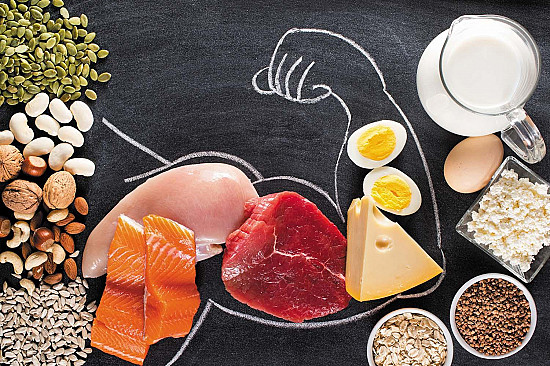Fruit of the month: Dried fruits

Raisins, dates, figs, and other dried fruits may not hold as much appeal as fresh fruits. But these small, sweet nuggets can be an easy way to reach your goal of eating at least two servings of fruit daily.
For one thing, they stay fresh for a long time, so you don't need to worry about spoilage. They're lightweight, making them easy to bring for snacks, and they're particularly tasty when paired with nuts. One classic combination is raisins and peanuts. Dried apricots and almonds are another nice mix.
Because they're energy-dense, dried fruits are fairly high in calories, so be careful not to overdo it — a serving is just a quarter-cup. However, all the nutrients are also concentrated along with the calories. Most dried fruits are good sources of potassium and fiber. They're also rich in antioxidants and several vitamins and minerals. Note that some dried fruits contain added sugar, so check the label to make sure you're not getting extra empty calories with your fruit.
Dried fruits are also good stirred into oatmeal, mixed into muffins, or tossed into salads or grain-based dishes.
Image: © martinrlee/Getty Images
Disclaimer:
As a service to our readers, Harvard Health Publishing provides access to our library of archived content. Please note the date of last review or update on all articles.
No content on this site, regardless of date, should ever be used as a substitute for direct medical advice from your doctor or other qualified clinician.















